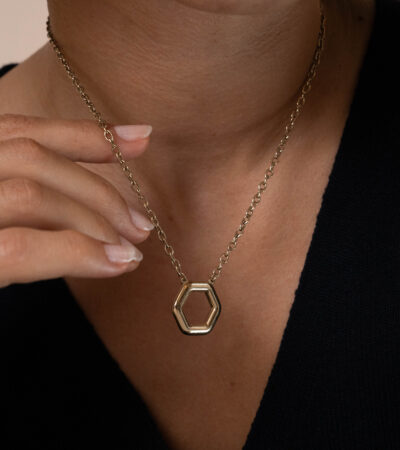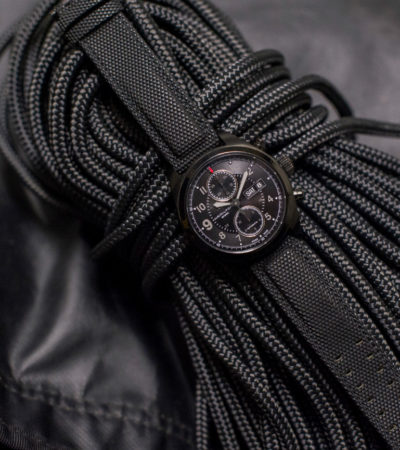“Watchmaking of the future is all about defying conventions, exploring startling horizons and making emotional connections a key part of the concept. The ASTRONEF TECHNO is my own vision for the future. It is the perfect fusion of ancient watchmaking traditions with the inventiveness of our time. Altogether, this timepiece represents a continuous quest for innovation.”
Jean-Marie Schaller, Owner and Creative Director

Louis Moinet has generated horological adrenaline by matching revolutionary mechanics with high-end materials. The result: a series of masterpieces that are both innovative and very expressive, like the ASTRONEF TECHNO. This timepiece pairs a silicon wafer engraved with microelectronic circuits with an ingenious double satellite tourbillon, thus producing a never-seen visual spectacle.
As the namesake of the brand did in his time, Louis Moinet is paving the way to the future of watchmaking with this outstanding creation.
Genesis of the ASTRONEF TECHNO: a quest without limits
When it comes to watchmaking, the Louis Moinet mantra is “to produce an outstanding and engaging effect.” As such, the ASTRONEF TECHNO positions itself as a daring explorer of new horological frontiers. It’s a quest that Louis Moinet himself would be proud of, since he also sought to push the limits of watchmaking in his day, notably, in 1816, by conceiving and building the world’s first chronograph.

Animating a work of art
The ASTRONEF TECHNO features two satellite tourbillons that revolve around the dial and create a harmonious ballet in the process. They are inside cages each rotating at a different rate, the one in ten minutes, the other in five. Every three minutes and twenty seconds, the two tourbillons align perfectly, which demands perfect synchronization and accuracy, the ASTRONEF’s superpower, as it were.
These tourbillons, with their delicate and crisp lines, barely weigh 0.25 grams each. The counterweight is a real exploit in terms of design and engineering. It adds to the spectacle, creating a kind of intimate pas de trois, merging art, engineering, and motion, thanks to a central differential. Needless to say, it increases the watch’s precision.
The movement side of the ASTRONEF TECHNO is just as impressive. The open case back reveals two barrel springs, one for each tourbillon, delivering a 48-hour power reserve. The LM 105 calibre, which includes sixteen ceramic ball bearings, runs this mechanical show. It took three intense years to make.
And there are other innovations. The crown, for instance, has been entirely reinvented and no longer needs to be pulled. Instead, a selector, cleverly integrated into the case back, is used to control two key functions, time-setting and winding.

The epitome of tech-art
The ASTRONEF TECHNO has taken an edgy material and turned it into a work of animated art. The timepiece’s double satellite tourbillon travels over a canvas carefully cut from a silicon wafer, an exacting material upon which the engraved microelectronic circuits appear as a kind of complex technological decoration. The modern dial catches the light with every move of the wrist, turning it into a kaleidoscope of sparkling reflections and transforming this masterpiece of mechanical watchmaking into a mesmerising visual experience.

Harmony of content and form
The case for the ASTRONEF TECHNO’s exceptional mechanism is the product of imaginative engineering: It is made up of a bold ensemble of sapphire band, flange and top resting on a grade-5 titanium frame.
The lugs have been carefully openworked, which enhances the feeling of lightness. It’s a unique concept for a casing and it gives the timepiece its resolutely avant-garde look.
The Louis Moinet ASTRONEF TECHNO weaves together time and space on a canvas that appears to be constantly in motion. This fusion of the visually compelling microelectronic wafer with the dance of the tourbillons above it creates a unique artistic event that opens a new era in horology.












